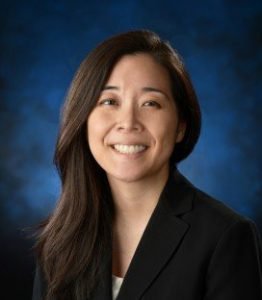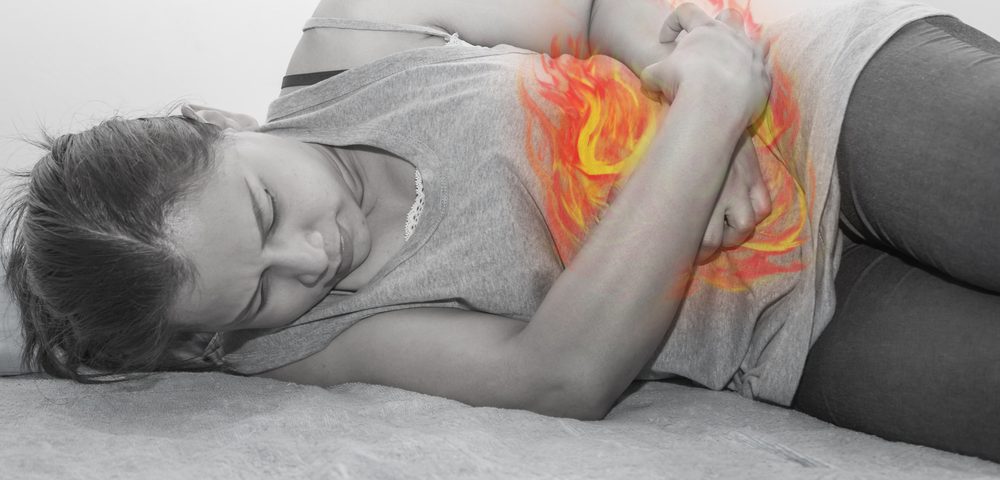The American Thyroid Association (ATA) has awarded Connie Rhee, MD, a grant to study how thyroid dysfunctions increase the risk of depression and reduced health-related quality of life in patients living with chronic kidney disease (CKD).

The 2016 Thyroid Research Grant will support the team led by Rhee, an assistant professor of nephrology at the University of California-Irvine, to evaluate the potential of using thyroid hormone replacement to ameliorate these effects. CKD patients are more likely to have thyroid dysfunction than those without the disease. In addition, hypothyroidism increases the risk of death in patients with CKD, though no one is sure why. Researchers think depression — which is common in both thyroid dysfunction and CKD — may contribute to this.
The researchers will initially look at the effect of thyroid dysfunction on dialysis patients’ mental health and quality of life. Using data from hundreds of thousands of U.S. veterans, Rhee and her colleagues will then examine the relationship between hypothyroidism and the development of depression in pre-dialysis CKD patients. They will also analyze if using thyroid hormone replacement can prevent depression.
The ATA, based in Falls Church, Va., has awarded 85 thyroid research grants totaling over $2.2 million, though it did not disclose the amount of this particular grant. The nonprofit group also manages the selection of research projects and distributes more than $1.8 million in donations from ThyCa: Thyroid Cancer Survivors’ Association, Bite Me Cancer and Thyroid Head and Neck Cancer Foundation.
Since 2003, ThyCa: Thyroid Cancer Survivors’ Association, a member of the ATA Alliance for Patient Education, has supported 60 thyroid cancer and medullary thyroid cancer projects with a total funding of nearly $1.7 million. Bite Me Cancer, which also belongs to the alliance, has funded five thyroid cancer projects totaling $143,750 since 2014.
“The ATA research grant program has been supporting young scientists in various thyroid-related research areas including clinical, translational and basic areas. Every year we receive over 50 grant applications from various countries. Many current leaders in the ATA were award recipients and this tells us how this program is important for us,” Motoyasu Saji, chairman of the ATA Research Committee, said in a news release.

